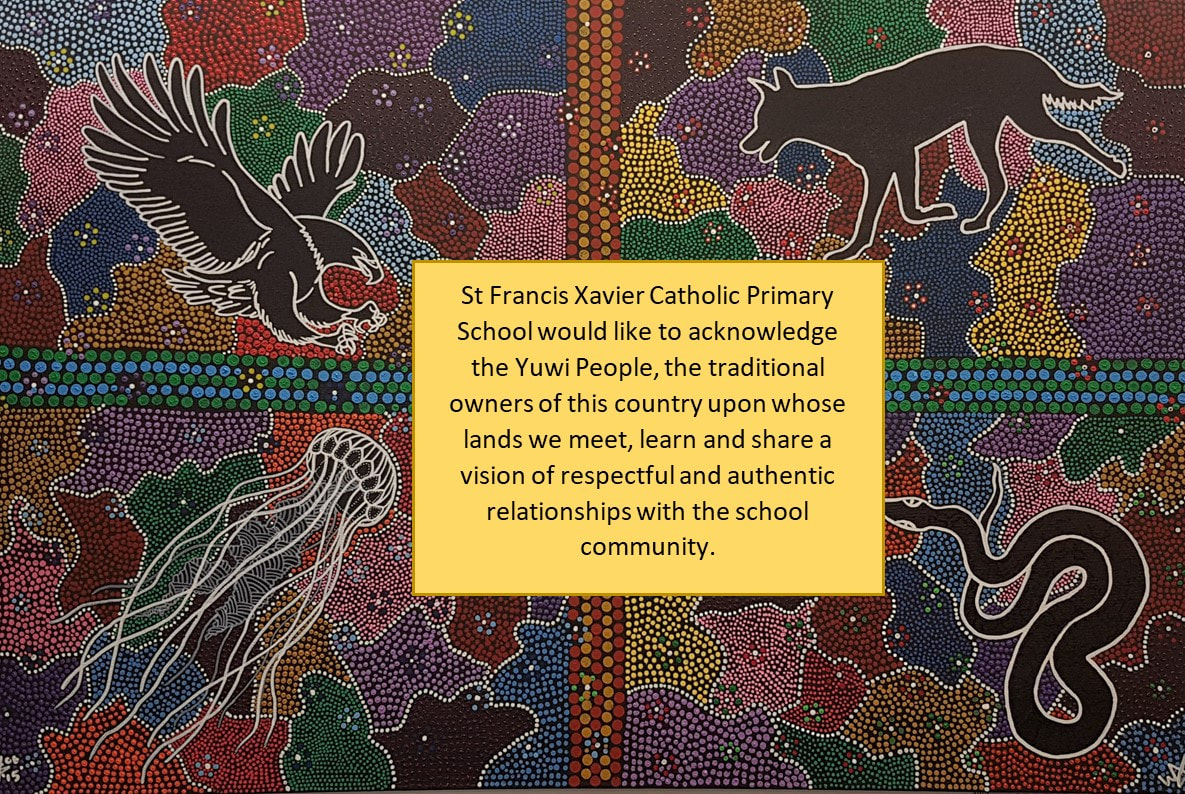inclusive curriculum
Our Inclusive Curriculum Program supports teachers in catering for the individual learning of students, targeting their literacy, numeracy, social and emotional needs. As well as, providing guidance to teachers through advice and consultation, educational adjustments and modifications are made to teacher planning. Teacher aides are allocated to classrooms to support students during key literacy and numeracy learning sessions. Teacher aides are also allocated, to specifically support students who have a verified disability. These disabilities include; Autistic Spectrum Disorder (ASD), Social Emotional Disorder (SED), Intellectual Disability (ID), Hearing Impairment (HI), Speech Language Impairment (SLI) and Physical Impairment (PI). Adjustments and modifications are made, in consultation with teachers, to extend and support students identified as gifted and talented. Additionally, support is also given to students who have English as a second language and students who identify as being of Aboriginal and/or Torres Strait Islander descent.
Withdrawn Focussed Support
In addition to in-class support, several programs are run through the Inclusive Curriculum Program, which support students in a small group or one-to-one context.
In addition to in-class support, several programs are run through the Inclusive Curriculum Program, which support students in a small group or one-to-one context.
- Speech Language and Communications groups – Guided by specialist recommendations, students with diagnosed speech language impairment are provided with opportunities to practise speech sounds and/or language objectives in a small group or in a one-to-one session.
- ESL Groups – Support groups for students who speak English as a second language focus on expanding their English vocabulary, strengthening their comprehension abilities, improving their grammar and providing facilitated communication practice.
- Support-a-Reader Programs (Read to Rover-Natta to Nanna) - These programs aim to improve students’ confidence and love of reading whilst reducing anxiety by providing positive shared reading opportunities.
- Indigenous Students
- Education Adjustment Programs (EAP)
- Extension/Enrichment Program
The NCCD
The Nationally Consistent Collection of Data on School Students with Disability (NCCD) is a yearly count of students by all Australian schools across the country. The aim of the NCCD is to provide the Australian Government with information about the number of students with disability in Australian schools and the type of adjustments they need to access and participate in education on the same basis as other students. If you are a parent, guardian, or carer of a child with disability who requires ongoing adjustments at school, a teacher or another school staff member will consult with you to understand your child’s needs. Your child will be included in the NCCD if they require ongoing adjustments at school due to a disability as defined by the Disability Discrimination Act 1992. Data is collected within each school, and personal details, such as student names and other identifying information, are NOT provided to local or federal education authorities.
The Nationally Consistent Collection of Data on School Students with Disability (NCCD) is a yearly count of students by all Australian schools across the country. The aim of the NCCD is to provide the Australian Government with information about the number of students with disability in Australian schools and the type of adjustments they need to access and participate in education on the same basis as other students. If you are a parent, guardian, or carer of a child with disability who requires ongoing adjustments at school, a teacher or another school staff member will consult with you to understand your child’s needs. Your child will be included in the NCCD if they require ongoing adjustments at school due to a disability as defined by the Disability Discrimination Act 1992. Data is collected within each school, and personal details, such as student names and other identifying information, are NOT provided to local or federal education authorities.

